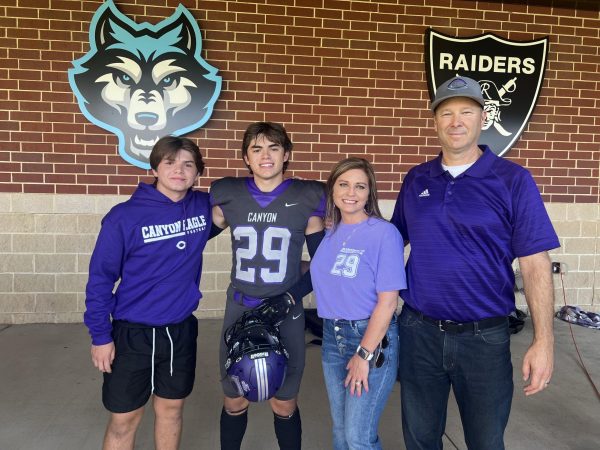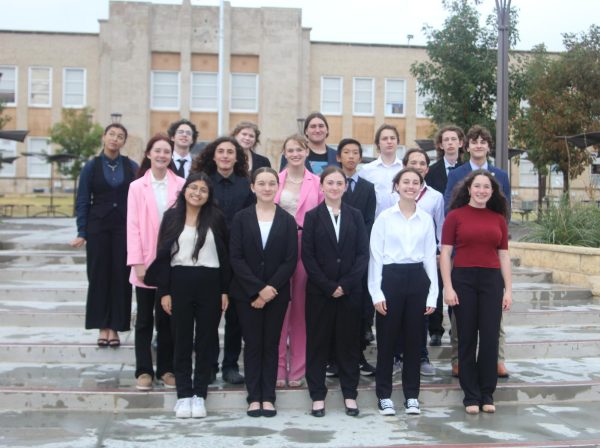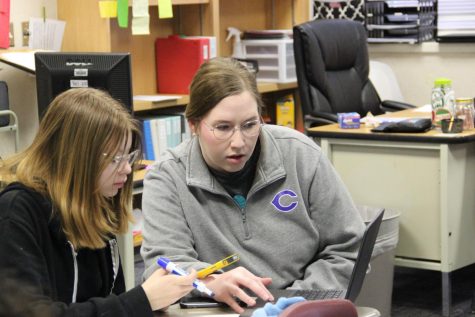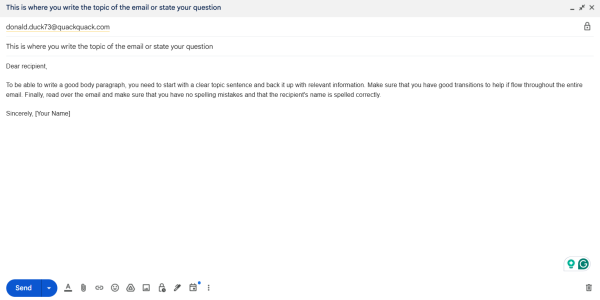Senior PRO student passionate about teaching
Part of senior Lindsay Teweleit’s responsibilities at CASP (Canyon After School Program) is to read to the children.
Laughs echoed around the room as one child’s voice rang, “Hulk, Hulk, Hulk, Hulk.” His hands and face were colored green with paint, his shorts torn with scissors he found. As this boy pretends to be a superhero, senior Lindsay Teweleit is learning to become a real life superhero, a special education teacher.
Teweleit is a PRO (Pursuing Real Opportunites) student who spends her afternoons at Lakeview Elementary assisting special needs children. She also works in the Crestview Elementary CASP (Canyon After School Program), which offers childcare after school. She has always wanted to be a teacher, and found that helping special needs kids is where she can make the biggest difference.
“A lot of them aren’t given a voice, especially if they don’t physically have a voice,” Teweleit said. “Some people, even their parents, can look at them like, ‘They can’t help themselves, so I’m not going to help them.’”
Teweleit said that the earlier children receive help, the better progress they will make later in life.
“Going in, you know those children are going to be bullied,” Teweleit said. “If you can improve their beginning and give them a base of love, then you can help them later in life.”
Helping special needs children can be a very stressful job, and there are not many job openings in the area of Amarillo. However, Teweleit said she feels like that is where she should be.
“I can’t find another job that makes as big of a difference,” Teweleit said. “If I can have patience with them, then I can do something someone else may not be able to.”
Dealing with the common temper tantrums can be a problem, but Teweleit said teachers can’t just stand there and get angry with them.
“You have to realize that they don’t understand that they are doing something bad,” Teweleit said. “You have to see it from the child’s perspective. You can even laugh at it if it’s not a big deal, and make things not as serious, because to them it’s not serious.”
Teweleit said to not be afraid to speak to the children, even if they can’t talk to you. One child Teweleit oversees couldn’t speak, and she talked to him every day.
“One day he said my name,” Lindsay said. “It was his first word ever. That was a huge deal. There are stressful days, but the rewarding things, like him talking to me, make it worth it.”
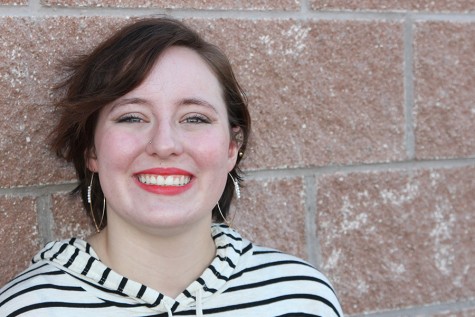
Hola! My name is Avery Cummings, and I am the Co-Editor-in-Chief this year. This is my third year on our amazing staff. In what little free time I have, I play the guitar and piano, and play with my dogs (who do not like each other). I love lipstick and...
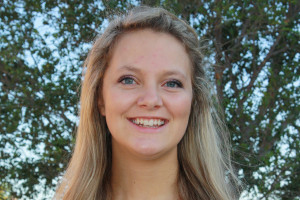
Hello! My name is Maisie Dyer, I am a senior, third year staff member and associate editor of the Eagle’s Tale and Eagle’s Tale Online. I am also the senior class publicist, executive vice president of the varsity choir, Rocky the eagle, and a member...


